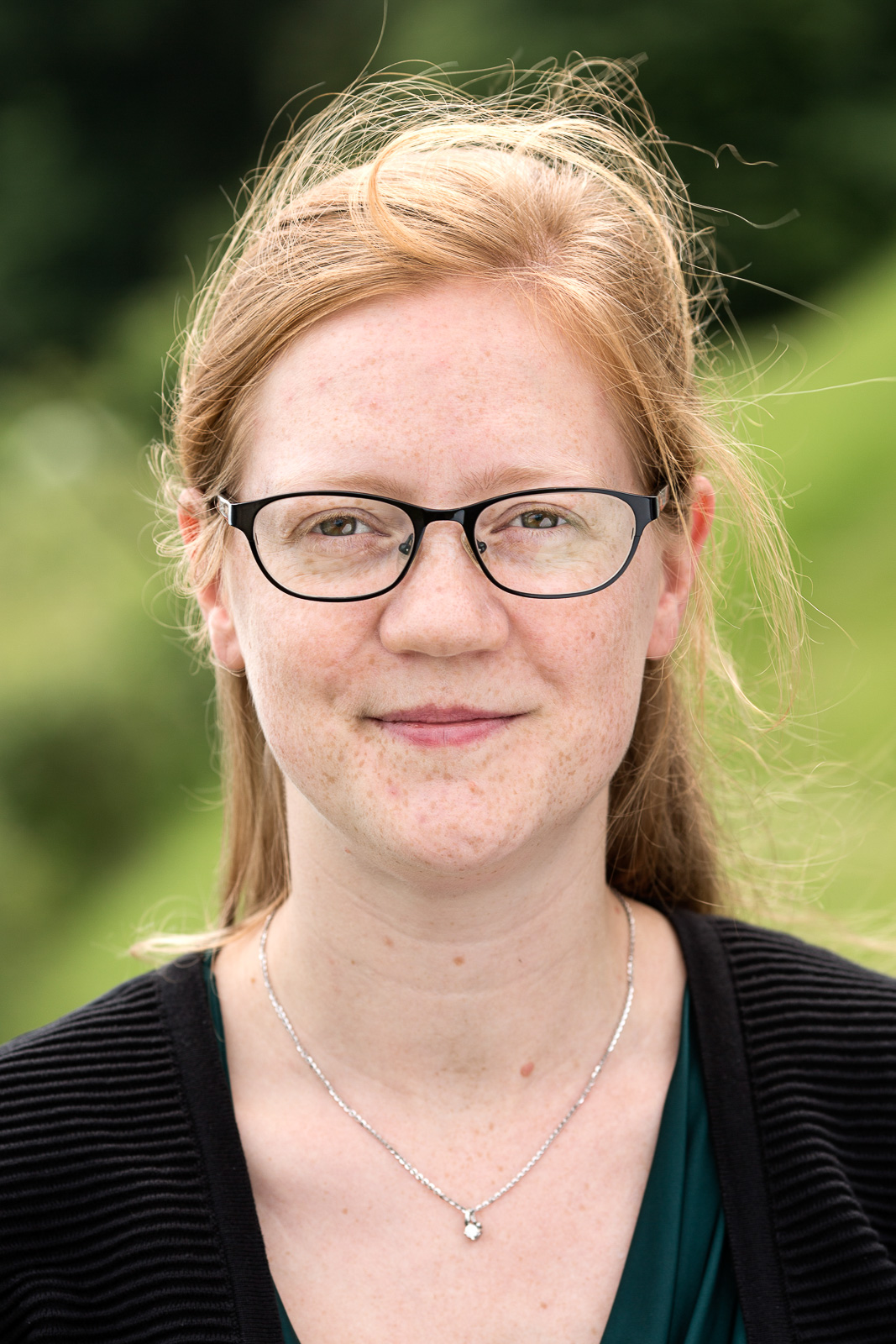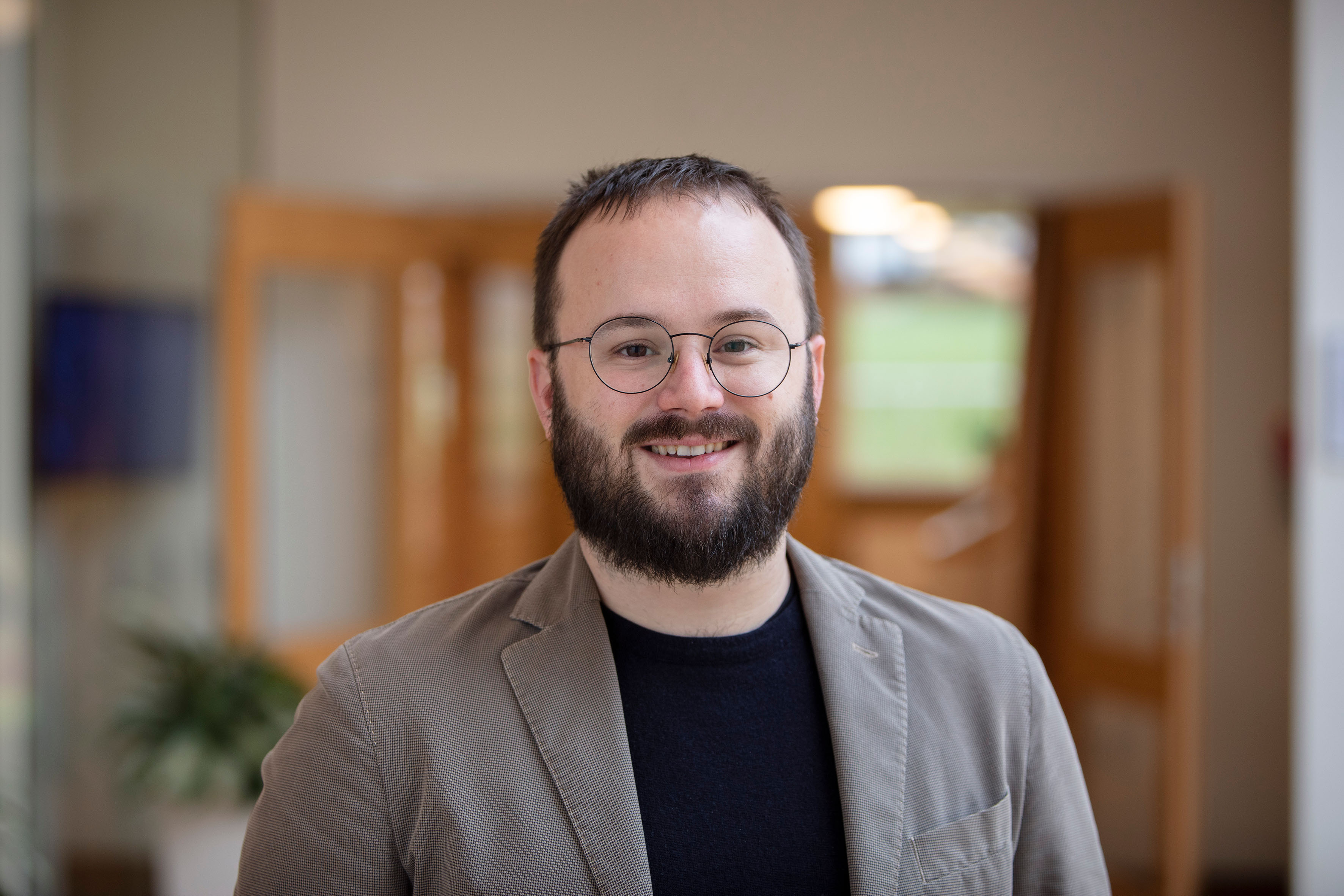Illusory pain and cannabis draw DKK 22 million to Aarhus University
Two researchers from Health have each received DKK 11 million for their research projects. Francesca Fardo investigates discrepancies in perceived pain and bodily damage, while Micah Allen explores how the active substances in cannabis affect our body and brain. The grants are from the European Research Council ERC, which is given to free and independent research that has the potential to lead to groundbreaking discoveries.


Experiencing pain often means that something is wrong where the pain is felt. However, when the brain is exposed to certain kinds of harmless stimuli, the brain creates an paradoxical illusion of pain that does not arise from injury, such as a burn or cut. Francesca Fardo will be investigating this form of illusory pain using the latest tools in computational neuroscience and neuroimaging.
To do this she has just received a Starting Grant of DKK 11 million from the European Research Council (ERC) towards a research project at Aarhus University.
Ultimately, the research will help to understand why some patients suffer from chronic pain when there is no injury.
“The current approaches to the treatment of chronic pain are associated with a high degree of uncertainty about which treatment will provide the best outcome for a patient. This uncertainty is related to our ongoing inadequate understanding of pain mechanisms, which limits our ability to diagnose which type of pain a patient is experiencing and offer targeted treatments designed for each individual,” she explains.
For this reason, the main point of Francesca Fardo's research is improving our understanding of the brain and spinal cord mechanisms which underlie different types of pain, with a specific focus on illusory pain.
Francesca Fardos project will apply emerging technologies in biosensing and neuroscience, such as specially developed laser-based sensors, called “optically pumped magnetometers” (OPMs), to detect pain-related signals in the spinal cord and in the brain in real time. By combining these new technologies with mathematical modelling, Francesca hopes to discover new mechanism underlying how we perceive pain.
Grants from the European Research Council are awarded to independent researchers that has the potential to lead to ground-breaking discoveries. Starting Grants like the one received by Francesca Fardo are given to researchers who have the potential to become research directors within their field. With the help of the grant, Francesca Fardo is setting up her first research group at the Department of Clinical Medicine at Aarhus University. Francesca’s group will be based at the Center of Functionally Integrative Neuroscience (CFIN) and Danish Pain Research Center (DPRC).
How cannabis affects the body
The other recipient of an ERC Starting Grant of DKK 11 million, is Micah Allen. He will try to get an answer to how the active ingredients in cannabis, also called cannabinoids (THC and CBD), affect our brain and body.
Much of what we know today about these compounds comes from neurobiological studies of the endocannabinoid system in animals. Additionally, clinical research suggests that cannabinoids offer promising new treatments for mood and affective disorders, addiction, chronic pain and fatigue, and inflammatory illnesses.
However, much still remains unknown about how these compounds influence the neural or embodied processes, which underlie conscious feelings of emotion, pain, or motivation. This not only limits our ability to design effective cannabinoid-based treatments, but also to negotiate the rising influence of cannabis in our society.
Micah Allen is based at the Aarhus Institute of Advanced Studies and Center of Functionally Integrative Neuroscience (CFIN) at Aarhus University, and is also an Honorary Senior Research Fellow at Cambridge Psychiatry. Building on his previous work, he has been awarded a five-year ERC Starting Grant for his project ‘CANNABODIES: Modelling the Influence of Cannabinoids on the Embodied Mind’. The project will use cutting-edge tools from neuroimaging, computational psychiatry, and psychology to address foundational questions about how THC and CBD influence our self-awareness and decision-making.
“Answering these and similar questions is more important than ever, as the recreational use, legalization, and medicalization of cannabis continue to rise. It is therefore imperative that we investigate both the positive and negative effects and begin to build an understanding of how exactly these effects are brought about in the brain, body, and their interaction,” says ERC grantee Dr Allen.
The ERC project will enable Micah to further build his research lab, the Embodied Computation Group, at Aarhus University, broadening their ongoing work investigating interoception, ‘gut-feelings’, and brain-body interaction to the unique pharmacology of cannabinoids.
Contact
Assistant Professor Francesca Fardo
Aarhus University, Department of Clinical Medicine – Center of Functionally Integrative Neuroscience (CFIN) and Danish Pain Research Center (DPRC)
Mobil: 71 79 09 14
Mail: francesca@cfin.au.dk
francesca@cfin.au.dk
Associate Professor Micah Allen,
AIAS Fellow, Lundbeck Foundation Fellow
Aarhus Institute of Advanced Studies (AIAS) and
Center of Functionally Integrative Neuroscience (CFIN)/MINDLab
The Department of Clinical Medicine
Aarhus University
Phone: +45 31 71 12 86
micah@aias.au.dk
